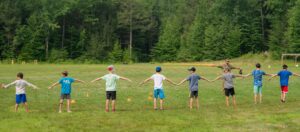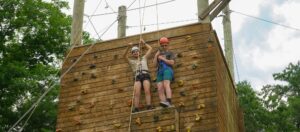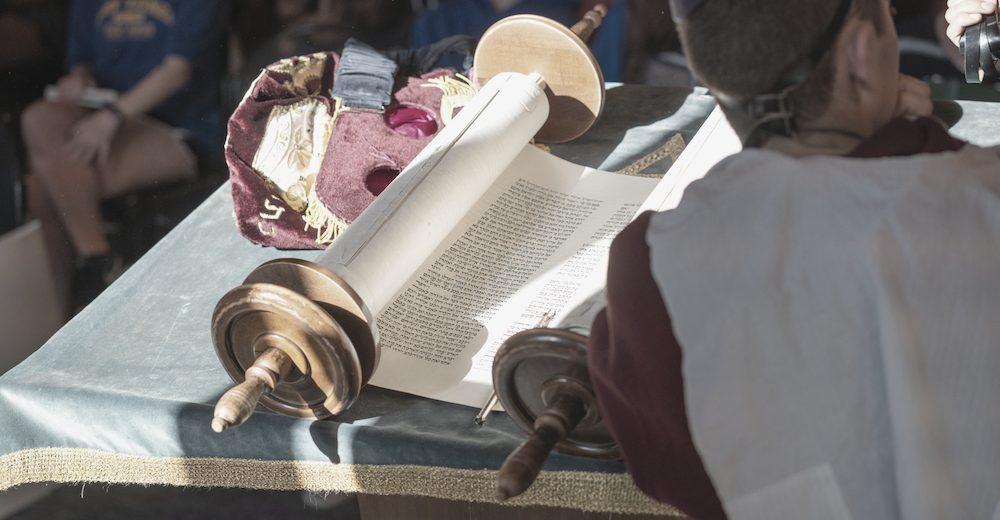Vayakhel-Pekudei: Answering the Call
This week’s parsha follows a painful period of estrangement between the Jewish people and God following the sin of the Golden Calf. After God eventually forgives the people, Parshat Vayakhel begins with a healing moment: God commands Moshe to gather all of the people together to rededicate themselves to their shared project of the Mishkan, by donating their precious jewels, metals, and materials to the skilled artisans to make the Mishkan’s beautiful vessels and coverings.
The parsha relates a flurry of communal activity as the people work together, devoting themselves to creating a true sanctuary for God in their midst. It’s a beautiful illustration of tikkun, healing, after the troubles of the recent past. You get a sense of a community fully present and gathering together in a collective mission.
Given our current reality, this parsha’s focus on communities coming together may seem to be cruelly ironic. For the greater good, we are all engaged in “social distancing” to prevent the worst of the coronavirus from spreading in our communities. Most of us have no school or work, not to mention no shul. No minyanim, no weddings, no b’nai mitzvah. For a people whose survival and ritual life center so strongly on community, how are we supposed to stay strong and positive without being able to come together?
It’s no coincidence that this parsha is coming at this time. In chassidut it is taught that one must “live with the times,” meaning that we should “live with” and experience the parsha in our own lives. This week, we are learning that despite our present conditions we still have the power to create and strengthen our communities. Even in this time of physical separation we have the ability to live this parsha!
Imagine being a Jew reading this parsha 100 years ago. It would have felt like a cruel irony then, impossible to imagine a people exiled throughout the diaspora actually all coming together at once. Imagine reading this parsha 10 years ago, before technology was able to bring us all together even when we’re apart. We’re able to connect via social media, videoconferencing, and all sorts of apps making ongoing Jewish education and communal life possible.
We’re able to connect with our worldwide Jewish community and give ourselves chizuk during this time, and equally importantly we have the tools to dedicate ourselves to shared causes, like campaigns raising funds and resources for hospitals and sick people worldwide. Parshat Vayakhel comes at the exact right moment to remind us of this and call us to action. How will we answer the call?
Questions for the Shabbat Table:
- How have you connected with people in new and unexpected or creative ways over the past week?
- If we are to experience parshat vayakhel as a call to action, how could you answer that call?




